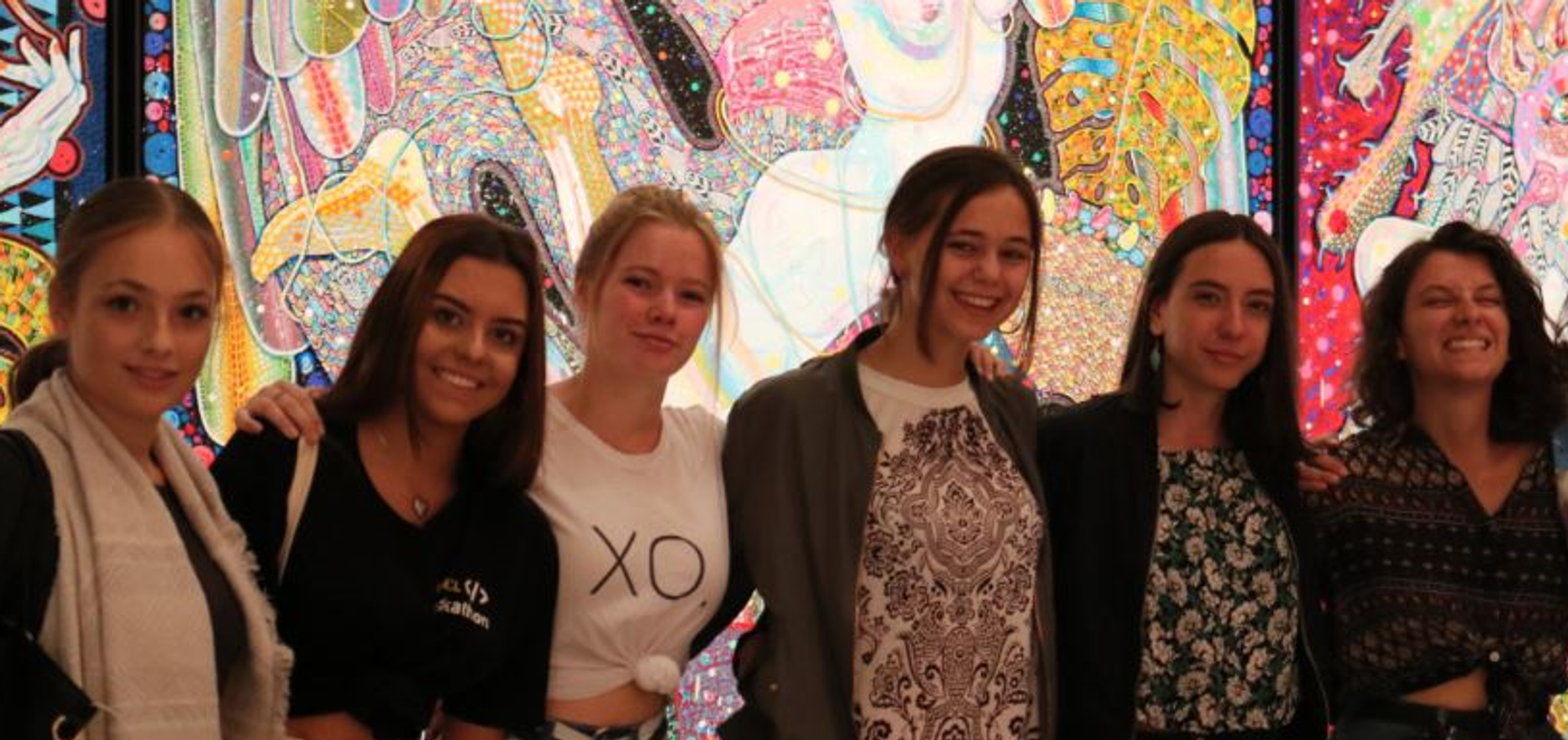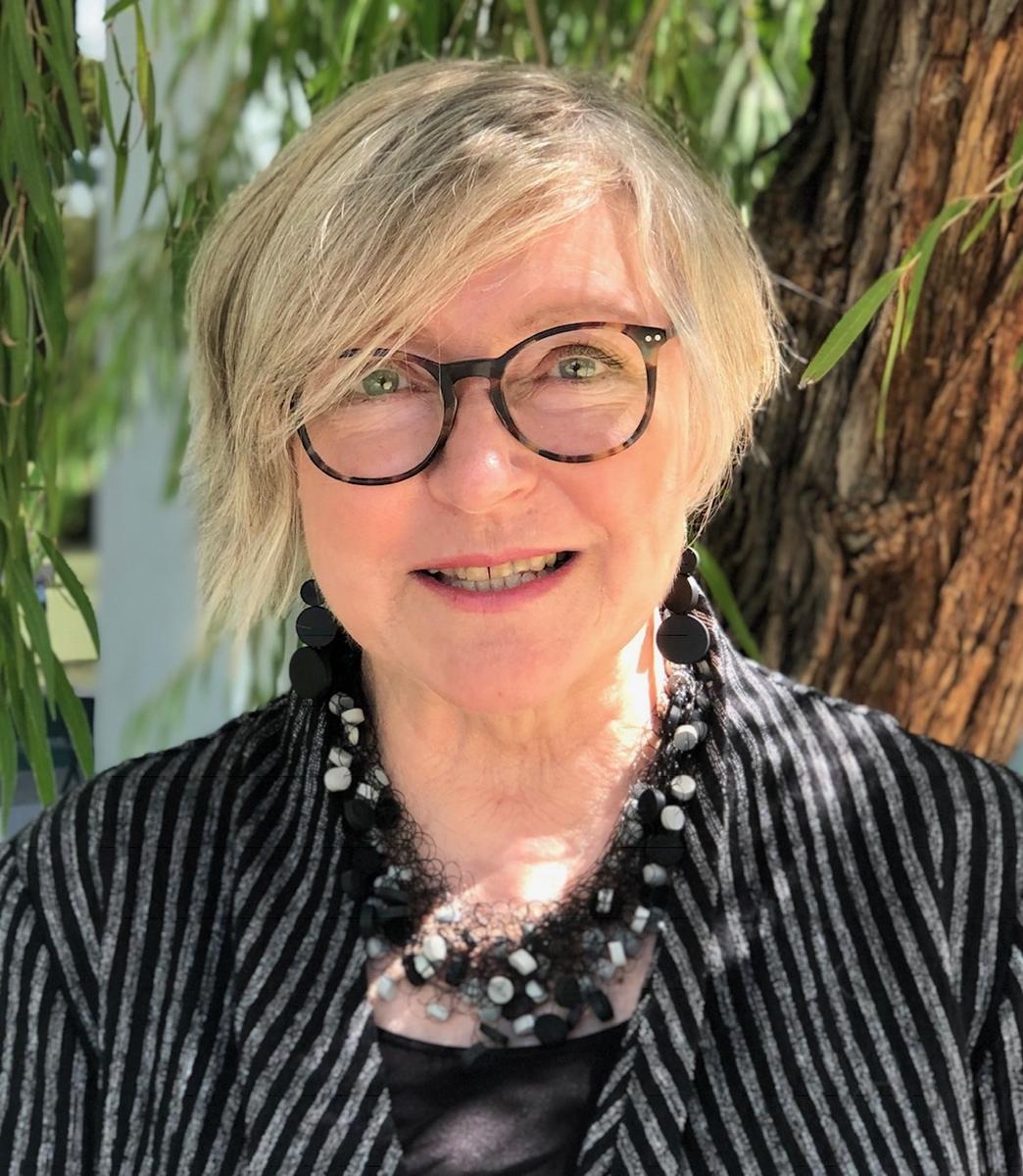From the Principal

The innocent bystander
With the start of a new term, teachers and students bring with them a host of interactions that have shaped their time away and return to the network of relationships that make up the school experience for each individual. For students to flourish at school these relationships must be positive and contribute to a sense of their own wellbeing. Yet we know that so much of what shapes the relationships between students takes place online and beyond the reach of both parents and teachers – the adults whose role it is to protect, guide and nurture.
At a recent conference I had the opportunity to hear an address by Luthern Williams, the Head of School at New Roads School, a progressive school in Los Angeles. Their vision of education has much in common with Preshil and I was inspired by their practice of setting a ‘community question’ for consideration by students, parents and teachers each term. A question that had significant impact on their community was:
“What does it mean to be a bystander?”
As citizens, our capacity and willingness to be active participants is multidimensional, encompassing our online involvement and behaviour as well as our physical participation and actions. Recently we have seen many examples of individuals and groups taking political action, demonstrations and marches out of frustration with the inertia of those who have the power to make changes; people no longer prepared to remain bystanders.
So too do we see daily examples of people threatened and cowed by social media – the horror of being publicly shamed and ostracised is a very powerful disincentive to standing up for our own beliefs and those of others under threat. Various groups have perfected ways to silence disagreement with derogatory phrases such as the now hackneyed accusation of political correctness or – more recently - ‘virtue signalling’.
At Preshil, the School motto is Courage. Clearly there are myriad meanings of how courage is displayed, from the truly heroic to quiet dissent; the courage to step forward to intervene; the courage to voice a different view and, of course, the courage to question.
As a school we try to dispel the crippling impact of a ‘no dobbing’ culture, which too often serves only to protect bullies.
Preshil also stands by the belief that ‘all behaviour has meaning’, but all behaviour has impact and there is an enormous difference between understanding and colluding or “turning a blind eye”.
“The only thing necessary for the triumph of evil is for good men to do nothing.” This famous comment by Edmund Burke, an Irish political philosopher, comes to mind.
If all behaviour has meaning – what does it mean to be a bystander?
Marilyn Smith
Principal
marilyn.smith@preshil.vic.edu.au

